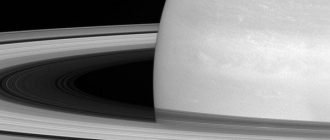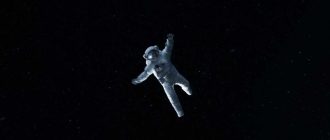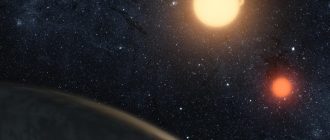

Last year, a guest from another planetary system entered our solar system for the first time. He received the name Oumuamua. For several months, German scientists tried to determine his 'home address', however, then some data was not enough for the accuracy of the information.
Now scientists were able to determine that the trajectory of this celestial body from another system is influenced not only by gravity, but also by the thrust obtained due to the evaporation of gases from the surface, by analogy with the motion of a comet. With this information, the experts were able to more accurately calculate based on the data from the Gaia mission and were able to determine only four main candidate stars that could become parental for Oumuamua. Note that all these stars are dwarfs.
Now the authors of the study will have to work on identifying a specific host star for the asteroid. If we take into account the already known practice, then we can assume that when a celestial body is pushed out of the system, the asteroid itself should have a low speed relative to its parent star.






